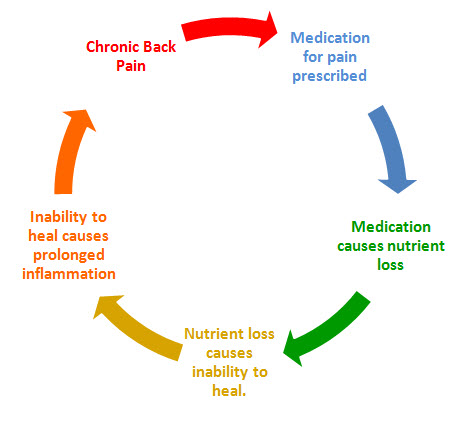Folic Acid
Vitamin B9 (Folic Acid)
 Signs & Symptoms of Deficiency:
Signs & Symptoms of Deficiency:
- Poor growth
- Tongue inflammation
- Gingivitis
- Loss of appetite
- Shortness of breath
- Diarrhea
- Irritability
- Forgetfulness
- Mental sluggishness
- Birth defects
- Possibly miscarriages
- Cardiovascular disease
- Depression
- Cancers
- Hyperhomocysteinemia (elevated homocysteine levels)
Vitamin B9 (folic acid) has been shown to be beneficial in the following conditions:
- Prevention of birth defects in pregnant women or women planning to become pregnant
- May help prevent miscarriage
- Lowering homocysteine levels in combination with other B vitamins
- May be helpful in depression and Alzheimer’s disease
- Osteoporosis, in combination with other vitamins and minerals
- Cancer, especially colon, breast, and esophagus. May help in cervical dysplasia, a precancerous change
- Burns, in combination with other B vitamins
- Anemias
Drugs that deplete Vitamin B9 (folic acid):
- Antibiotics, with long term use
- Aspirin, non-steroidal anti-inflammatory drugs (NSAIDs) and acetaminophen (Tylenol) all can increase the need for folic acid
- Birth Control Pills
- Anticonvulsants, such as phenytoin (Dilantin) or carbamazepine (Tegretol)
- Cholesterol lowering drugs such as cholestyramine (Questran), colestipol (Colestid), and colesevelam (Welchol) that bind cholesterol and fats in the GI tract
- Sulfasalazine
- Methotrexate
- Antacids
- H2 blockers such as cimetidine (Tagamet), ranitidine (Zantac), and famotidine (Pepcid)
- Metformin (Glucophage)
- Barbiturates such as pentobarbital and Phenobarbital
Laboratory testing for Vitamin B9 (Folic Acid)
- RBC folate, serum folate assays
- Leukocyte functional assays
Food Sources:
Spinach, dark, leafy greens, asparagus, turnips, beets, mustard greens, brussel sprouts, lima beans, soybeans, beef liver, brewer’s yeast, root vegetables, whole grains, wheat germ, bulgur wheat, kidney beans, white beans, mung beans, oysters, salmon, orange juice, avocado, and milk.

 Signs & Symptoms of Deficiency:
Signs & Symptoms of Deficiency:















